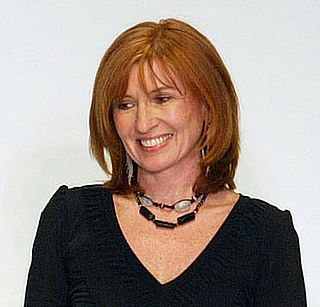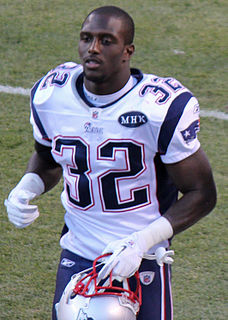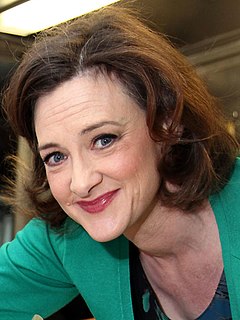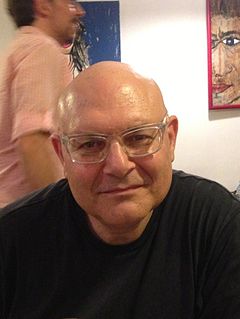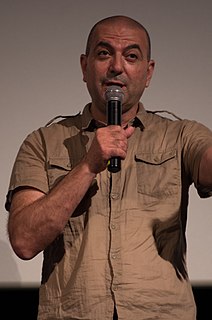A Quote by Michael Pollan
My work has gotten more political over time, but once you start exploring food, you find you're up against economics and politics and psychology and anthropology, all of these different things you have to deal with.
Related Quotes
Between food and fashion, there's always a direct correlations - designers have forever done prints with food on them. Vegetables, fruit, apples. There are some beautiful prints that have been made with fruit over time. I think food and restaurants have become more and more fashionable over time. That's become more of a fashion thing than fashion becoming a food thing. I don't think fashion has gotten so food oriented in the reverse aspect, but I think the whole food industry has gotten very design oriented. I think it's a nice way of putting things together.
As I get older I find myself thinking about stories more and more before I work so that by the time I eventually sit down to write them, I know more or less how it's going to look, start or feel. Once I do actually set pencil to paper, though, everything changes and I end up erasing, redrawing and rewriting more than I keep. Once a picture is on the page I think of about ten things that never would have occurred to me otherwise. Then when I think of the strip at other odd times during the day, it's a completely different thing than it was before I started.
We never deal with propaganda. We never deal with politics. We never deal with newspaper headlines. We deal with the harsh realities of our lives. We will only comment when there is more bread to eat, more space in which to move, time in which to open your mouth and sing. As long as these things have not happened, we do not talk about politics.
How should the best parts of psychology and economics interrelate in an enlightened economist's mind?... I think that these behavioral economics...or economists are probably the ones that are bending them in the correct direction. I don't think it's going to be that hard to bend economics a little to accommodate what's right in psychology.
Investing is the intersection of economics and psychology. The analysis is actually the easy part. The economics, the valuation of the business isn't that hard. The psychology - how much do you buy, do you buy it at this price, do you wait for a lower price, what do you do when it looks like the world might end - those things are harder. Knowing whether you stand there, buy more, or whether something has legitimately gone wrong and you need to sell, those are harder things. That you learn with experience, by having the right psychological makeup.
General editors' preface The growth of translation studies as a separate discipline is a success story of the 1980s. The subject has developed in many parts of the world and is clearly destined to continue developing well into the twenty-first century. Translation studies brings together work in a wide variety of fields, including linguistics, literary study, history, anthropology, psychology, and economics. This series of books will reflect the breadth of work in translation studies and will enable readers to share in the exciting new developments that are taking place at the present time.
Politics is different than movies. Politics are controlled by leaders. Leaders of every country have different interests. And they try to explain to their people why they should take one side or the other side. But in the movie its doing the opposite. It allows you to have a Universal Experience. You don't watch it as politics but as a movie. You don't have different reactions all over. It's so universal a language. It's not a political language serving a political agenda. The language of cinema is a world language. With the Hollywood movie, it brings about the same reaction wherever it goes.
I chose to write about food: food is inherently political, but it's also an essential part of people's real lives. It's where the public and private spheres connect. I wanted to show readers that the larger politics of war and economics and U.S. foreign policy are inextricably bound to the supposedly trivial details of our everyday lives.
Economics and politics are so intertwined and interlinked that politics now, mainstream politics, extreme center politics, are little else but a version of concentrated economics. And this means that any alternative - alternative capitalism, left Keynesianism, intervention by the state to help the poor, rolling back the privatizations - becomes a huge issue. The entire weight of the extreme center and its media is turned against it, which in reality now is beginning to harm democracy.

